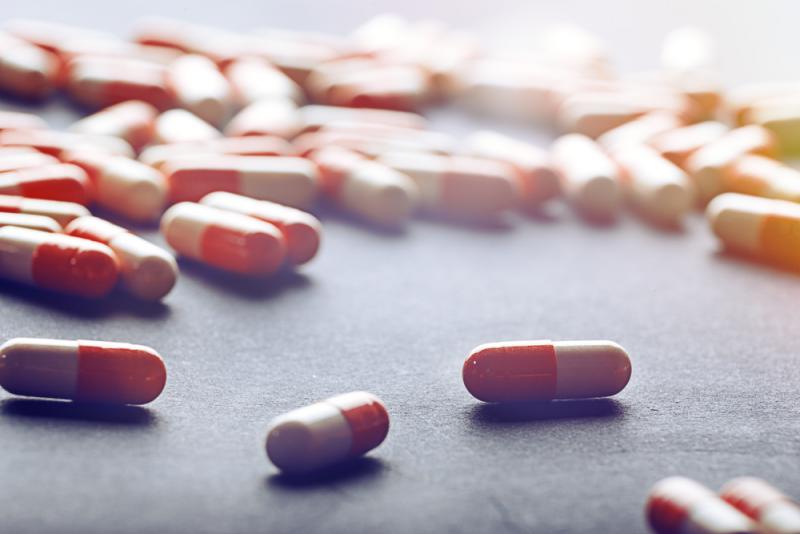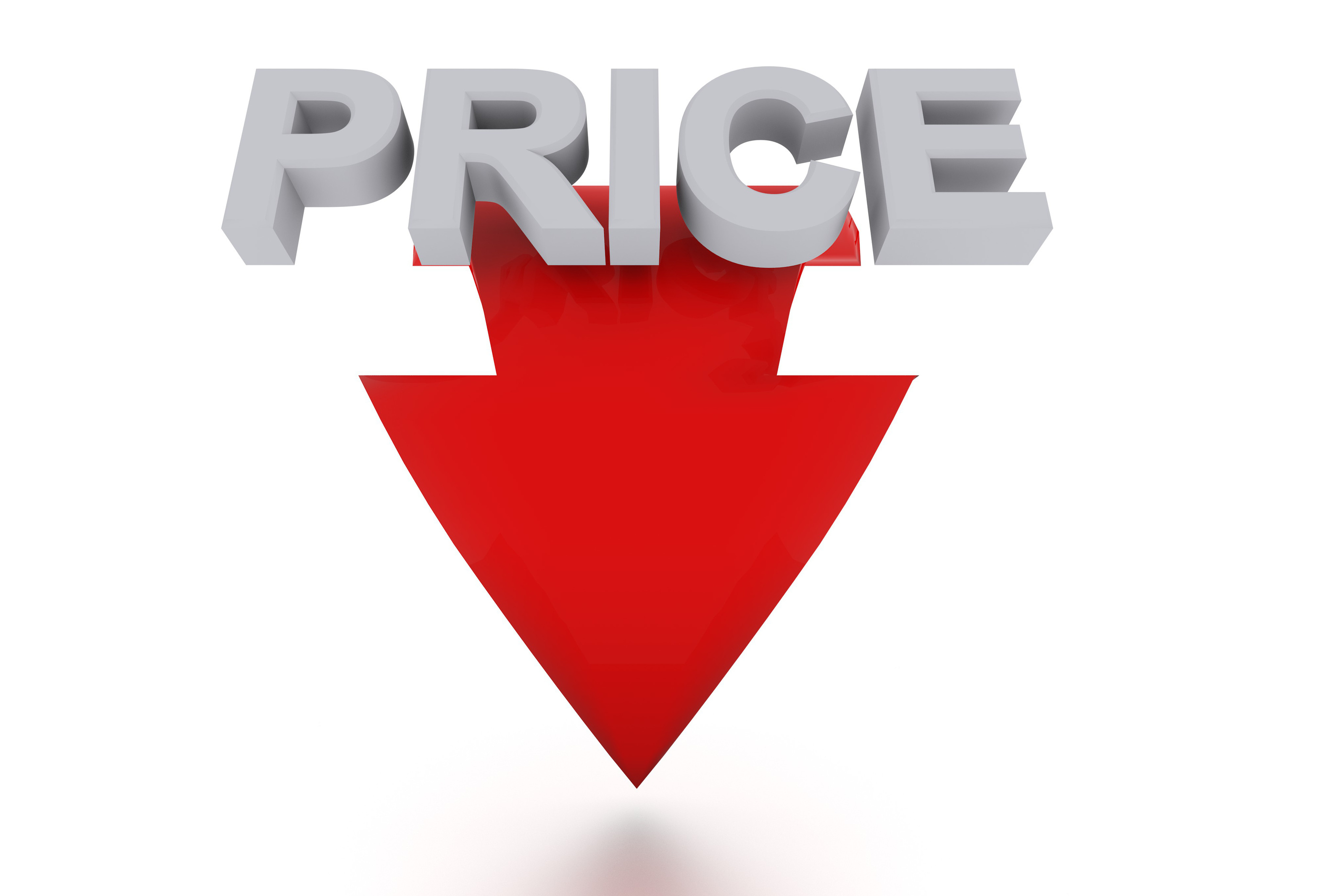Printable Technology for Personalized Medicine
![]()
Originally published by R&D Magazine
Printable, Edible QR Code Offers Promise for Personalized Medicine
The days of a one-size fits all approach to medicine could be coming to a close.
Researchers from the University of Copenhagen and Abo Akademi University in Finland have created a new platform to individualize treatment—printing medical drugs in quick response (QR) coded patterns onto an edible material.
“This technology is promising, because the medical drug can be dosed exactly the way you want it to,” Natalja Genina, an assistant professor at the Department of Pharmacy at the University of Copenhagen, said in a statement. “This gives an opportunity to tailor the medication according to the patient getting it.”
The researchers used inkjet printing (IJP) technology to enable the flexible manufacturing of personalized medicine with the doses tailored to each individual patient. The team was able to demonstrate, for the first time, the applicability of inkjet printing in the production of edible dosage forms in the pattern of a QR code.
“IJP of the active pharmaceutical ingredient (API)-containing ink in the pattern of QR code was performed onto a newly developed porous and flexible, but mechanically stable substrate with a good absorption capacity,” the study states. “The printing did not affect the mechanical properties of the substrate.
“The actual drug content of the printed dosage forms was in accordance with the encoded drug content. The QR encoded dosage forms had a good print definition without significant edge bleeding.”
The shape of a QR code enables data to be stored in the “pill” itself.
“Simply doing a quick scan, you can get all the information about the pharmaceutical product,” Genina said. “In that sense it can potentially reduce cases of wrong medication and fake medicine.”
The study could pave the way for a regular printer to be able to apply the medical drug in the pattern of a QR code, while the edible material is produced in advance to allow on-demand production of medical drugs near end-users.
“If we are successful with applying this production method to relatively simple printers, then it can enable the innovative production of personalized medicine and rethinking of the whole supply chain,” professor Jukka Rantanen from Department of Pharmacy, said in a statement.
The QR codes were also readable by a smartphone, even after storage in harsh conditions. Smartphones in conjunction with the new approach of efficient data incorporation and data storage could ultimately lead to safer and more patient-friendly drug products in the future.




Leave a Comment
Want to join the discussion?Feel free to contribute!